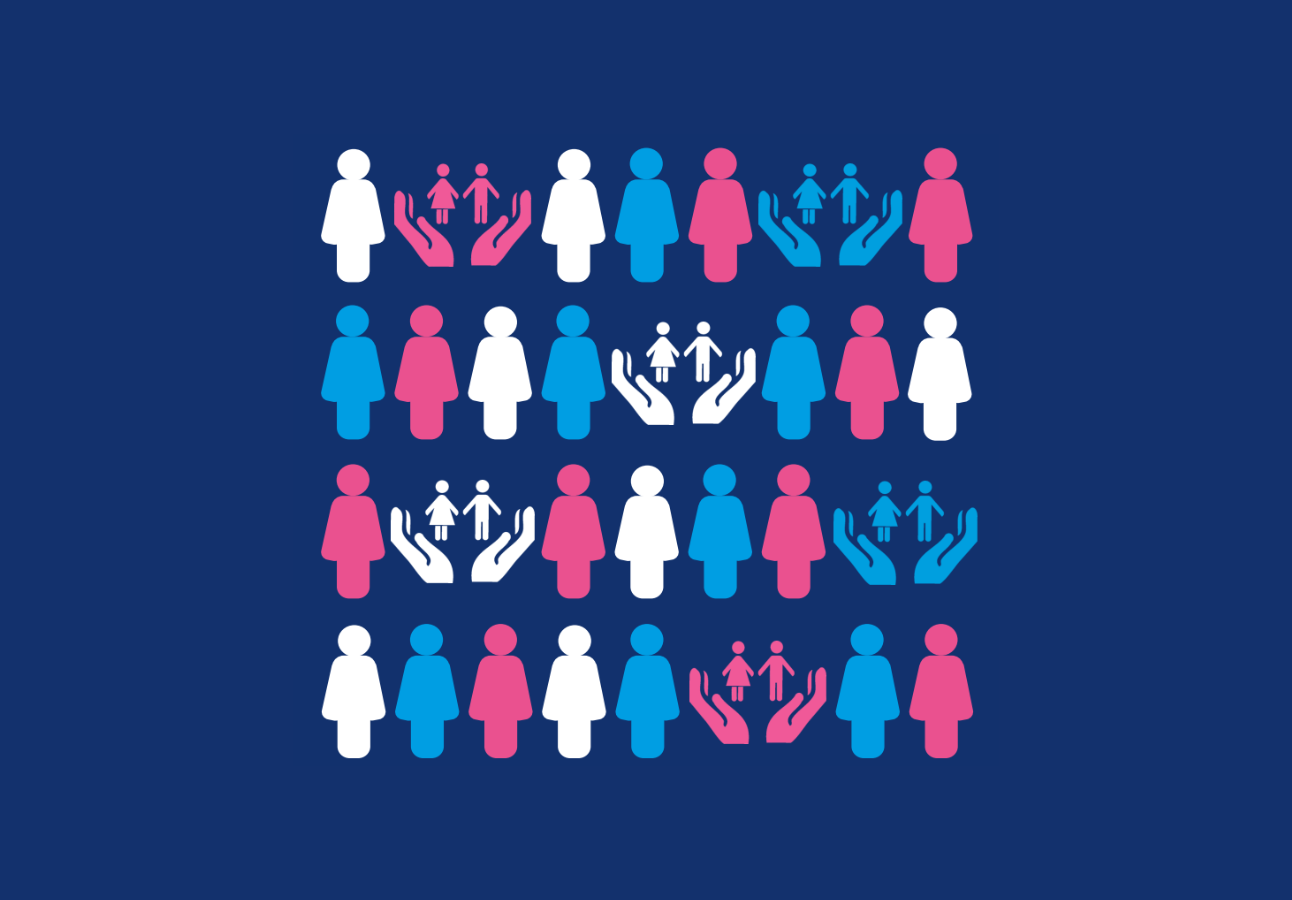
SafeLives responds to the Independent Review of Children’s Social Care report
We broadly welcome the Independent Review of Children’s Social Care report, which identifies a wide range of issues with the current system and practice, and makes a series of practical recommendations to improve experiences and outcomes for children at risk of harm. We fully support the report’s premise that the needs of the child must be considered within the context of the whole family, and joined up support provided to everyone affected by abuse, to prevent and stop harm.
However, whilst the report acknowledges that domestic abuse features in 42% of children in need assessments, the report misses a golden opportunity to redefine child protection by incorporating domestic abuse, which we believe is essential to safeguarding more children from harm, as well as identifying and supporting connected adult victims of abuse.
The inclusion of domestic abuse workers in the new Family Help service is positive, and we welcome the recommendation that social workers should be trained in domestic abuse including in how to work with perpetrators. It is also important that social workers understand how domestic abuse safety planning must work alongside any child protection intervention.
As well as improving knowledge amongst social workers, it is critical that everyone working with children understands the dynamics and typologies of domestic abuse if it is to be identified and addressed swiftly and effectively. Teachers are in a unique position to spot early signs of domestic abuse in children, so we would like to see specialised training delivered as standard throughout the education sector and in other services that work with children.
We are pleased that the report recognises the need to tackle perpetrators of domestic abuse, but firmly disagree with the suggestion that there is a lack of evidence about how well perpetrator interventions work – both Respect and the Drive Partnership have delivered programmes that have been independently evaluated and proven to reduce abuse and improve outcomes for victims. Good practice exists. It needs to be offered as part of a package of support to reduce and prevent harm.
We welcome the report’s ambition to improve co-ordination between organisations, share intelligence, and reduce bureaucracy; however we are disappointed that there are no recommendations about connecting child safeguarding systems with the domestic abuse multi-agency frameworks that are already well established across the UK. These structures must connect if child victims of domestic abuse are to be identified and safeguarded. Action is also needed to proactively identify child victims of domestic abuse where adult victims have been recognised. And children’s social care must also look beyond adults and make provision for young people who are using harmful behaviour.
We agree with the report’s aspiration that families should be supported to stay together, however adult victims of domestic abuse may feel pressurised to remain in relationships that could harm both them and their children. It is also important that social workers view ‘failure to protect’ within the complex dynamic of domestic abuse, so that the perpetrator rather than the adult victim is held to account for harm caused. It must also be recognised that ending a relationship can increase the risk of harm to both adult and child victims of domestic abuse.
We are disappointed that whilst the report cites a number of statistics and testimonies that may indicate structural racism within the agencies involved in working with children, there is a lack of solid action to address this, particularly for children looked after in foster placements or residential care.
Liz Thompson, Director of External Relations at SafeLivesReform of children’s social care is long overdue so we welcome this report which identifies many of the problems, and makes solid recommendations to improve the support for children at risk of harm. We would like to see the response go further, most importantly by recognising the significance of domestic abuse in child protection.
We also need focus on effective multi-agency working so that child victims of domestic abuse are identified wherever families interface with statutory services, and a co-ordinated response provided that meets the needs of the whole family
You may also be interested in

Change programme for Children’s Social Care

